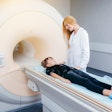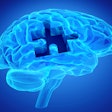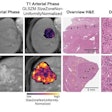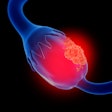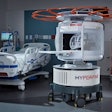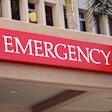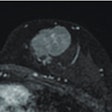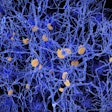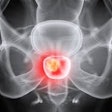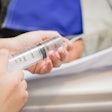Cardiovascular MRI can benefit patients who have been resuscitated after sudden cardiac death or who enter the hospital suffering from ventricular arrhythmias, according to a study published in Circulation: Cardiovascular Imaging.
The study from Western University's Schulich School of Medicine and Dentistry in London, Ontario, tested 3-tesla cardiac MRI in 82 consecutive patients who presented with either resuscitated sudden cardiac death or ventricular tachycardia.
Lead study author Dr. James White and colleagues found that cardiac MR resulted in a cardiac diagnosis in 75% of cases, compared with only 50% in all other tests. Overall, cardiac MRI identified a new or alternate explanation for the arrhythmia in 50% of patients.
In other words, the researchers were able to identify a plausible reason for the abnormal heart rhythm in 75% of the patients who had a cardiac MRI scan performed. In half of the patients, physicians provided either a new or alternate diagnosis.
White noted that in these cases, there is a fear of recurrence, so physicians want to identify what might be at the root of the abnormal heart rhythm.

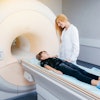
.fFmgij6Hin.png?auto=compress%2Cformat&fit=crop&h=100&q=70&w=100)

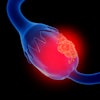
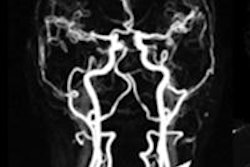

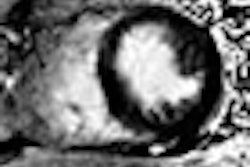
.fFmgij6Hin.png?auto=compress%2Cformat&fit=crop&h=167&q=70&w=250)
